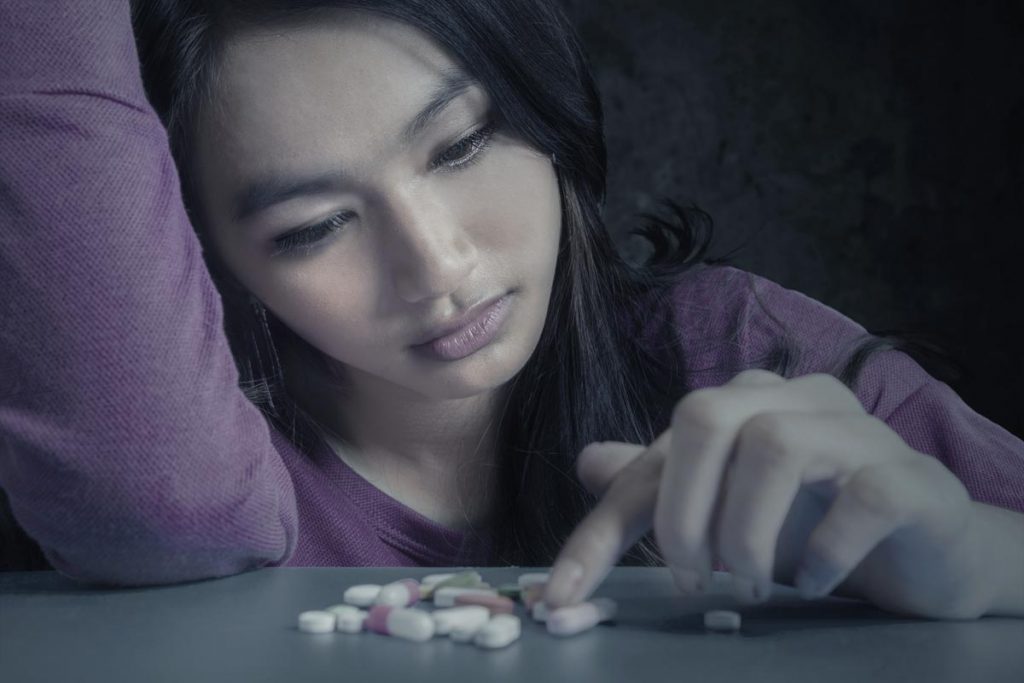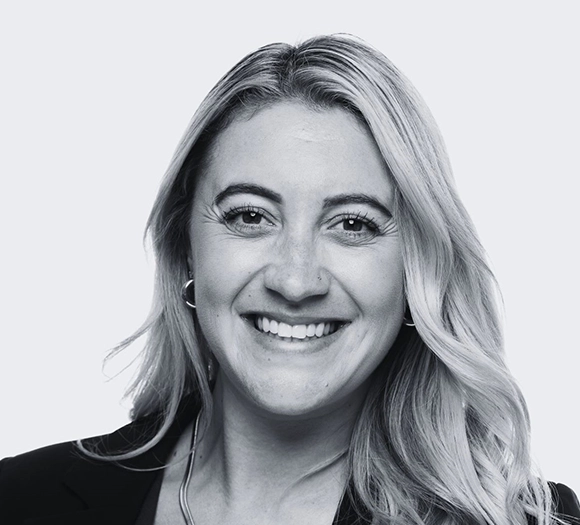What Is Gabapentin?

In 2018, Gabapentin was the 5th most prescribed drug in the nation. Today, it is quickly raising alarms as a substance that has a high risk of addiction and abuse. The drug, which is commonly prescribed under the brand-name Neurontin, is used to treat seizures, neuropathic conditions, and pain. Today, states across the U.S. are issuing drug-abuse warnings for Gabapentin, after the drug was linked to both a high rate of prescription and illegal sales. In fact, Gabapentin prescriptions outpace even Oxycodone by about 9 million doses, making it potentially one of the most abused prescription drugs in the United States.
Gabapentin users include prescription users who are addicted through repeated use. Others purchase the drug on the street to use recreationally, typically in combination with opiates such as heroin or Oxycodone, and also with stimulants like methamphetamine. The drug’s euphoria-like highs make it ideal as a street-drug, especially as rampant prescriptions make it readily available.
If you or a loved one is struggling with drug abuse, using Gabapentin outside of a prescription, or abusing Gabapentin on a prescription, it’s important that you learn more about the drug, it’s addictive potential, and your options for getting help.
What Is Gabapentin Used For?
Gabapentin is an anticonvulsant medication typically used to treat epilepsy, neuropathy, neuropathic pain, and symptoms such as restless leg syndrome. The drug is also prescribed for uses such as alcohol addiction treatment, itchiness, hot flashes, anxiety, and tremors, despite not being approved for these uses by the FDA. With a relatively low addiction profile, plus a high rate of effectiveness in comparison with similar prescriptions, Gabapentin quickly rose to popularity after its introduction in 1993. The drug works by interacting with GABA receptors in the neural network, which modulates enzyme production in the brain. The result is mild sedation at the standard dose of 1,800-2,400mg, but strong euphoria when taken in very high doses.
This has led to an increasing rate of abuse, as other drug users will purchase Gabapentin and abuse it to get high. With many describing the effects of the drug as similar to those of opiates, Gabapentin is a prime candidate for abuse by opiate addicts. In fact, with one study showing that the overlap between opiate and Gabapentin abuse is as high as 20%, the risk of opiate addicts abusing Gabapentin is very real. However, as many as 40-60% of prescription users occasionally or frequently abuse the drug as well, despite the relatively low addictive profile of the drug.
Gabapentin Side Effects

Gabapentin is very frequently prescribed because by itself it is thought to have a relatively low potential for addiction. However, it does have a large array of side-effects. Many Gabapentin abusers are also linked to abusing other substances, such as opioids, meth, or alcohol, which will have a significant impact on the user’s ability to recover from a substance use disorder, while putting them at risk to unforeseen side-effects and potential overdose.
While a heavily prescribed drug, Gabapentin is a poorly studied drug, with long-term side-effects still being discovered. Most side-effects also worsen over time, meaning that a longer instance of abuse will result in worse and potentially permanent repercussions for the user.
Gabapentin’s primary side effects include:
- Drowsiness and lethargy
- Dizziness or loss of balance
- Swelling
- Tremors and shaking
- Potential suicidal ideation
- Blurred vision
- Sedation
- Coma
- Potential death during an overdose
In clinical trials, long-term use of Gabapentin resulted in a slight increase in the chance of developing tumors.
While Gabapentin’s side-effects are relatively mild in prescription doses, individuals taking it for the high take many times the recommended dose, combine it with other drugs or alcohol and therefore greatly increase their risks.
Is Gabapentin Addictive?
While Gabapentin is very heavily abused, it is not easily addictive. Unlike opiates, Gabapentin has a relatively mild effect, which is why most doctors were unaware Gabapentin could be abused until fairly recently. However, Gabapentin usage frequently overlaps with opioid and other substance use disorders. Individuals who take Gabapentin may also become addicted or dependent, in which case they need treatment in the same way an opioid user would.
While Gabapentin is not heavily addictive, it can be dangerous and does overlap with other drug abuse. If someone you know is abusing the drug, chances are, they are at risk. Patients can often very easily overfill prescriptions at numerous pharmacies, purchase Gabapentin for relatively low prices, and move on to more harmful substances.
Persons abusing Gabapentin are putting themselves at risk of worsening addiction, health problems, mental problems, and legal and financial issues.
Getting Treatment

If you or someone you love is addicted to Gabapentin or any other drug, there is help available. People often see Gabapentin as safe to abuse recreationally because it isn’t controlled, and there are no real legal repercussions to being caught with Gabapentin without a prescription, and it’s less addictive. However, users who exhibit drug-seeking behaviors are addicted, they are giving up part or all of their lives to fuel their addiction, and they are regularly harming themselves, their social and family life, and their career.
Anyone who regularly abuses a drug needs help, and can get it through rehab, detox, and treatment. Modern drug addiction treatment works to tackle the underlying issues behind addiction with behavioral therapy, designed to help users see why they turn to drugs in the first place, so they can fix those problems and move on with their lives. It’s also crucial to seek out rehab and medically supervised drug detox when getting off Gabapentin, because the drug can cause seizures and dangerous tremors during withdrawal. Medical monitoring will help to reduce the severity of withdrawal symptoms, so you or your loved one can do so safely.
As one of the most commonly prescribed drugs in the nation, Gabapentin is readily available, cheap, and often used to supplement other recreational drugs. Gabapentin is linked to an increase in overdose and ER visits by opiate abusers, often found in the blood-stream of users with other prescription drugs, and often mixed with alcohol.
If you or a loved one is abusing Gabapentin, it’s important to seek out help. Our JCAHO-certified and state-licensed drug rehab center can help you safely through detox, and then into treatment, where you can recover. Please contact Beginnings Treatment Centers today for an honest talk with one of our experienced and professional team. We can answer any questions you may have with no cost or obligation.


